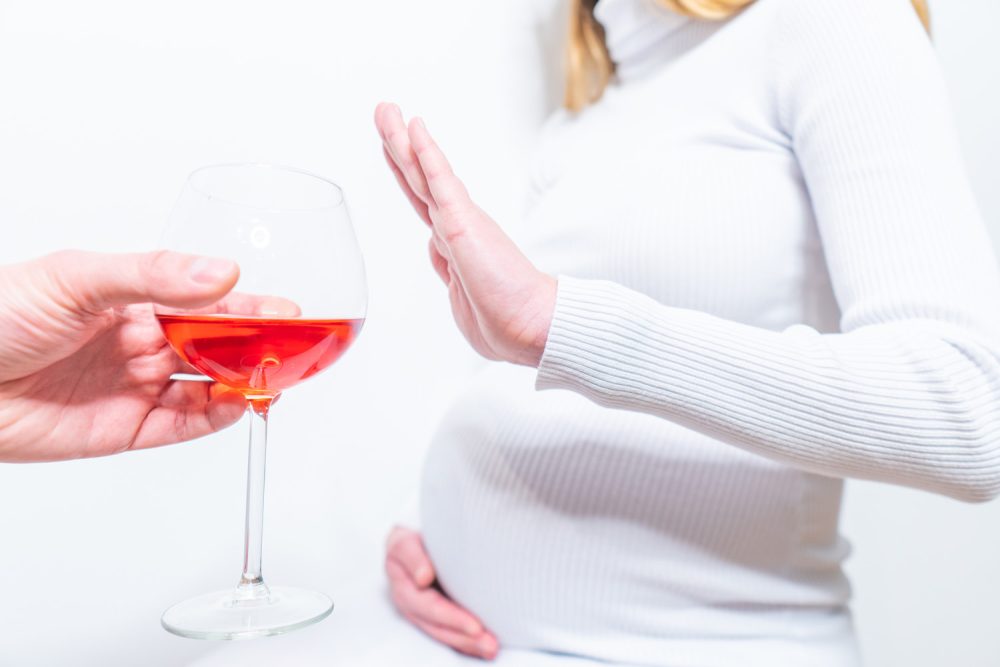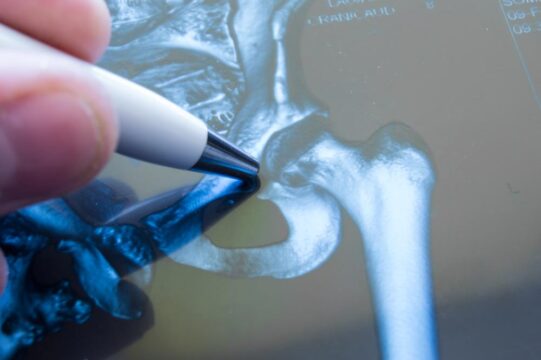Advertisment
Drinking during pregnancy changes baby’s brain structure

A new MRI study reveals that consumption of alcohol, even in low to moderate amounts during pregnancy, can change the baby’s brain structure and delay brain development.
Alcohol consumption during pregnancy can expose the foetus to a group of conditions called foetal alcohol spectrum disorders, increasing the risk of learning disabilities, behavioural problems or speech and language delays.
‘Unfortunately, many pregnant women are unaware of the influence of alcohol on the foetus during pregnancy,’ said Dr Patric Kienast, of the Medical University of Vienna. ‘Therefore, it is our responsibility not only to do the research but also to actively educate the public about the effects of alcohol on the foetus.’
While the symptoms of foetal alcohol syndrome are well established, the new study provides visual evidence of physical changes. ‘Foetal MRI is a highly specialised and safe examination method that allows us to make accurate statements about brain maturation prenatally,’ said Dr Gregor Kasprian, associate professor of radiology at the Medical University of Vienna in Austria.
The Vienna-based team analysed MRI exams of 24 foetuses with prenatal alcohol exposure. The foetuses were between 22 and 36 weeks of gestation at the time of MRI. Alcohol exposure was determined via anonymous surveys of the mothers.
In foetuses with alcohol exposure, the foetal total maturation score (fTMS) was significantly lower than in the age-matched controls, and the right superior temporal sulcus (STS) was shallower. The STS is involved in social cognition, audio-visual integration and language perception.
‘We found the greatest changes in the temporal brain region and STS,’ Dr. Kasprian said. ‘We know that this region, and specifically the formation of the STS, has a great influence on language development during childhood.’
Brain changes were seen in the foetuses even at low levels of alcohol exposure. ‘Seventeen of 24 mothers drank alcohol relatively infrequently, with average alcohol consumption of less than one alcoholic drink per week,’ Dr. Kienast said. ‘Nevertheless, we were able to detect significant changes in these foetuses based on prenatal MRI.’
Three mothers drank one to three drinks per week, and two mothers drank four to six drinks per week. One mother consumed an average of 14 or more drinks per week. Six mothers also reported at least one binge drinking event (exceeding four drinks on one occasion) during pregnancy.
‘Pregnant women should strictly avoid alcohol consumption,’ Dr. Kienast said. ‘As we show in our study, even low levels of alcohol consumption can lead to structural changes in brain development and delayed brain maturation.’





